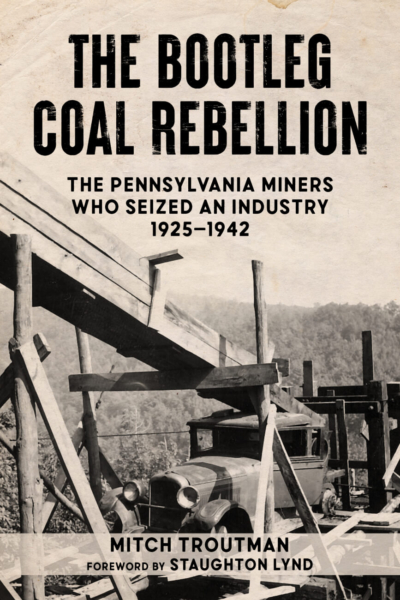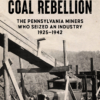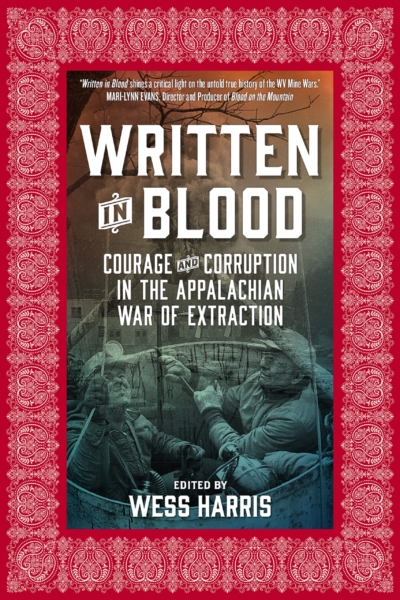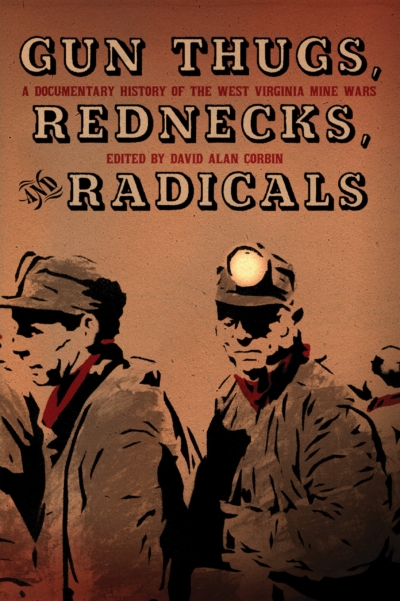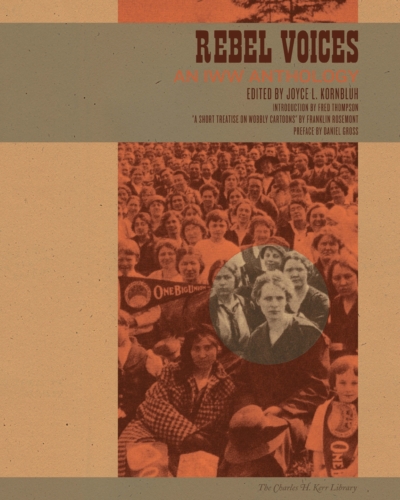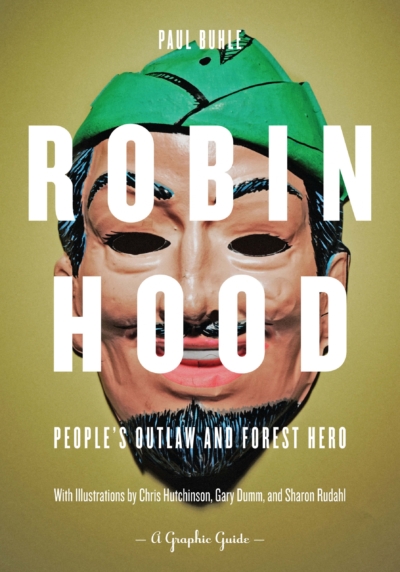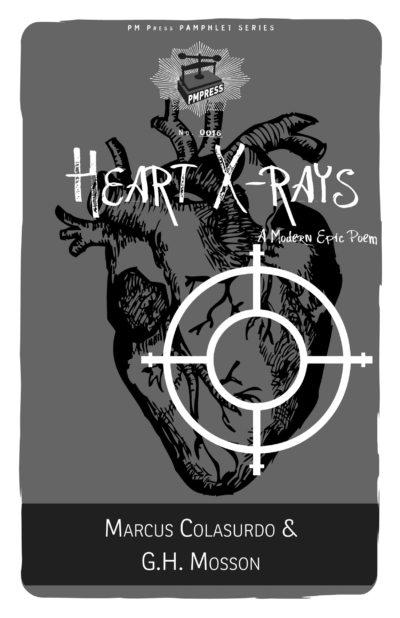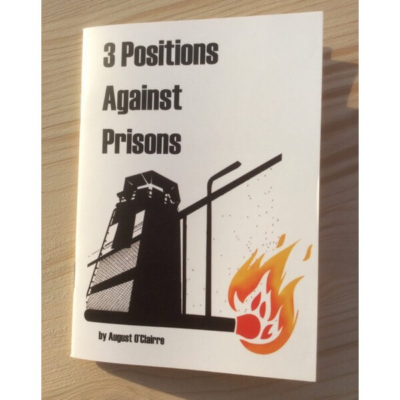Told with great intimacy and compassion, The Bootleg Coal Rebellion uncovers a long-buried history of resistance and resilience among depression-era miners in Pennsylvania, who sank their own mines on company grounds and fought police, bankers, coal companies, and courts to form a union that would not only safeguard their livelihoods but also protect their collective autonomy as citizens and workers for decades. Community and labor organizer Mitch Troutman brings this explosive and accessible American tale to life through the bootleggers’ own words. Activists, scholars, and organizers will celebrate this story of the people who literally seized mountains and stood their ground to create the equalization movement, the miners’ union democracy movement, and the Communist-led Unemployed Councils of the anthracite region. This epic story of work, love, and community stands as a testament to the power of collective action; a story that is sorely needed as communities today rise to confront neoliberal policies ravaging our planet.
Book Details:
Author: Mitch Troutman • Foreword by Staughton Lynd
Series: PM Press
ISBN: 9781629639338
Published: September 2022
Format: Paperback
Size: 6×9
Pages: 288
Subjects: HISTORY / United States • POLITICAL SCIENCE / Labor & Industrial Relations
Praise
- “Troutman is a gifted storyteller. Combining rich imagery and down-to-earth writing with prudent historical research, he shows us what working class people are capable of when companies push them to the brink of starvation. What the bootleggers endured and accomplished is extraordinary. You’d be hard-pressed to find a better tale of democratic rebellion anywhere, particularly one with so many lessons for today. Modern-day coal barons beware: this book will turn readers into renegades.”
—Jamie Longazel, author of Undocumented Fears: Immigration and the Politics of Divide and Conquer in Hazleton, Pennsylvania - “Using local newspapers and oral history interviews, gifted historian Mitch Troutman tells the story of the miners as well as the women, children, storekeepers, truckers, and priests who participated in the bootleg coal rebellion. Great read!”
—Karol Kovalovich Weaver, author of Medical Caregiving and Identity in Pennsylvania’s Anthracite Region, 1880–2000 - “The most detailed account we have of coal bootlegging in the anthracite region of Pennsylvania in the Depression decade. It shows how unemployed miners took over unused mines, asserting and defending a right to mine and market the coal to support their families. Local government, the courts, and whole communities supported their efforts, writing a remarkable chapter in American labor history. We are in debt to Mitch Troutman for telling this remarkable story.”
—Thomas Dublin, distinguished professor emeritus, State University of New York at Binghamton, and author of The Face of Decline: The Pennsylvania Anthracite Region in the Twentieth Century - “It is not a new discovery that ‘bootleg’ coal was widely mined in Pennsylvania coal fields during the Depression. However, Troutman’s wide-ranging research enables him to tell the story with great immediacy, at times almost person by person. We learn how dangerous this improvised mining could be when we are told in detail how often inexperienced young men (and a few women) went forth to scrape what was left off old shafts or seek to open up new veins of coal without being able properly to support the roof under which they dug. We watch as every member of the family of unemployed miners has a task capable of performance at their age in the improvised production process.”
—Staughton and Alice Lynd
About the Contributors
- Mitch Troutman is a writer, educator, organizer, and jack-of-all-trades living in Central Pennsylvania. He is a direct descendent of bootleg coal miners and belongs to the group Anthracite Unite.
- Staughton Lynd is a historian, lawyer, activist, and author of many books and articles. Howard Zinn hired him to teach at Spelman College, a college for black women, during the early 1960s. He was coordinator of the Freedom Schools in Mississippi during the summer of 1964. As an outspoken opponent of the Vietnam War, he came to be unemployable as a university professor and became a lawyer. In Youngstown, Ohio, he fought for and lost the fight against plant shutdowns and for worker/community ownership of the mills. When Ohio built its supermaximum security prison in Youngstown, Staughton and his wife Alice, spearheaded a class action that went to the Supreme Court of the United States, establishing due process rights of supermaximum security prisoners.

